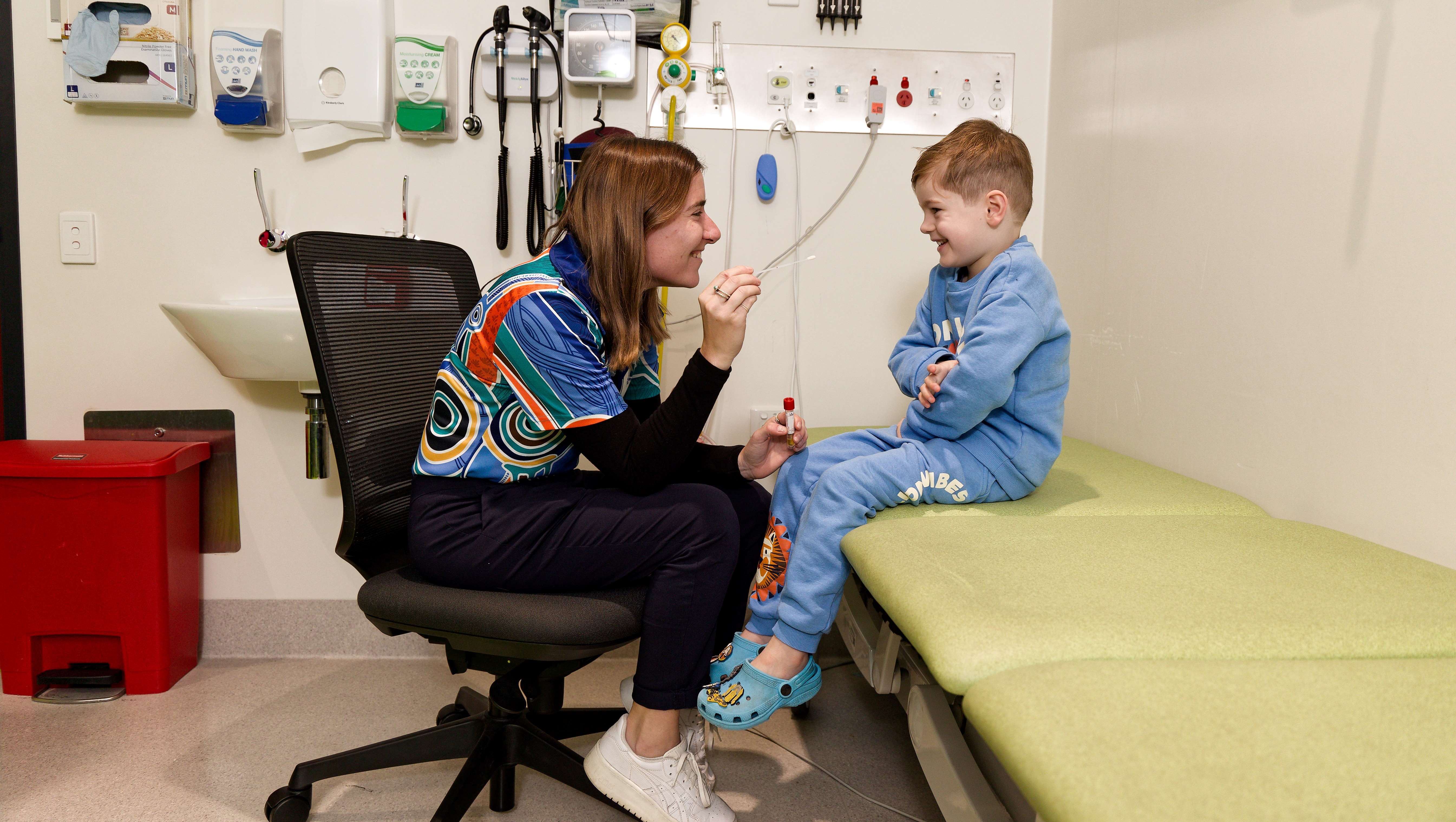Search
We have recently developed recommendations to support clinical practice for gastro-intestinal disorders including growth and scoliosis in Rett syndrome.
The ARSS has a Consumer Reference Group to ensure family representation and input into issues relating to the design, management and output of the study.

News & Events
HBF Run for a Reason 2014On Sunday May 25th, the 'I love someone with Rett syndrome' team participated in the annual HBF Run for a Reason.

News & Events
"You can't stop loving them" - a grandmother's story about her granddaughter who has Rett syndromeYou can't stop loving them: the gift of a grandchild can sometimes be painful, writes Wendy Macklin.

News & Events
The Rett Syndrome Journey: Pathways to FollowOur InterRett team visited Geelong, Australia to attend the first ever Rett Syndrome Association of Australia national conference.
Parents and carers reported on the health, school, telephone counselling and online services used by young people, as well as any medication taken.
Watch videos from the Young Minds Matter team
If you have any concerns, you can visit your GP or contact Lifeline, beyondblue, Kids' Helpline, headspace, Reach Out or Relationships Australia.

Researchers from The Kids Research Institute Australia would like to understand more about respiratory syncytial virus (RSV) and how we can provide the best protection for kids.
Vaccine Trials Group with Sir Charles Gairdner Hospital is conducting a trial of a vaccine against Clostridium difficile infection (CDI) in at-risk individuals.
